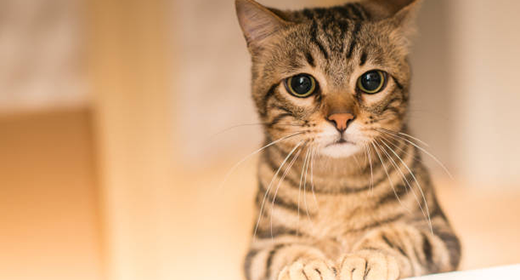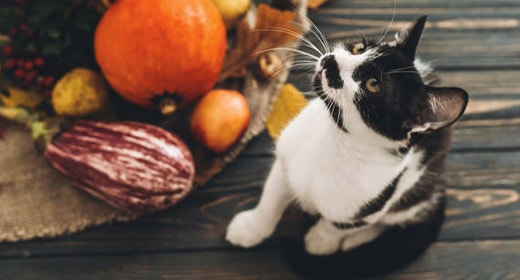

Not all protein sources are the same. Cats are carnivores, and IAMS™ cat food contains animal-based proteins that provide all the essential amino acid requirements for cats. We use only high-quality, highly digestible protein sources.
Unique Fatty Acids in Our Foods
Fatty acids are a key part of complete cat nutrition. They maintain healthy skin, a shiny coat, proper membrane structure, and overall health. All IAMS products contain sources of these fatty acids.
Moderately Fermentable Fiber
Our research has shown that moderately fermentable fiber enhances intestinal health. All IAMS cat foods contain a fiber system of moderately fermentable fiber to help keep your cat's digestive system healthy, providing energy for intestinal cells and bulk for mobility.


If you are considering an all-natural, holistic, or organic kitten food, here are some facts you may not be aware of. Currently the pet food market is experiencing a push toward “all-natural,” “holistic,” and “organic,” the significance of which is still to be determined. The question becomes, is there an actual benefit to an “all-natural,” “holistic,” or “organic” diet?
AAFCO defines “natural” as “…derived solely from plant, animal, or mined sources… not containing any additives or processing aids that are chemically synthetic except in amounts as might occur unavoidably in good manufacturing practices.”
Loosely interpreted, this definition could include a range of “natural” products, including tobacco or any other naturally grown drug or substance.
None of these “all-natural” products are considered healthy additives for your kitten. So it is apparent that regulatory work is needed to define the true beneficial use of all-natural. Also noteworthy is the fact that nowhere within the definition are plant and animal by-products excluded. Not only are they “natural,” but they contribute valuable nutrients as ingredients in human and animal foods.
The term “holistic” kitten food is not distinctly defined by any of the regulatory agencies as a classification for food. This is particularly noteworthy in kitten food, because all diets sold commercially must be “Complete and Balanced” for a designated age or activity level. Or in other words, be a “holistic” dietary approach.
Organic kitten food is labeled “organic” by a government-approved certifier who inspects the farm where the food is grown to make sure the farmer is following all the rules necessary to meet USDA organic standards. Whether organic kitten food provides any additional safety or nutritional value is still being debated by experts. Even the USDA refuses to take a position. It is also important to note that there are no strict requirements for organic kitten food right now.
There is tremendous confusion surrounding the significance of all-natural, holistic, and organic kitten food terms. Widespread use without substantiation has forced several consumer groups to become involved; this will result in more education and clarification as to what these terms really mean to consumers. But, for now usage of these terms requires your consideration.